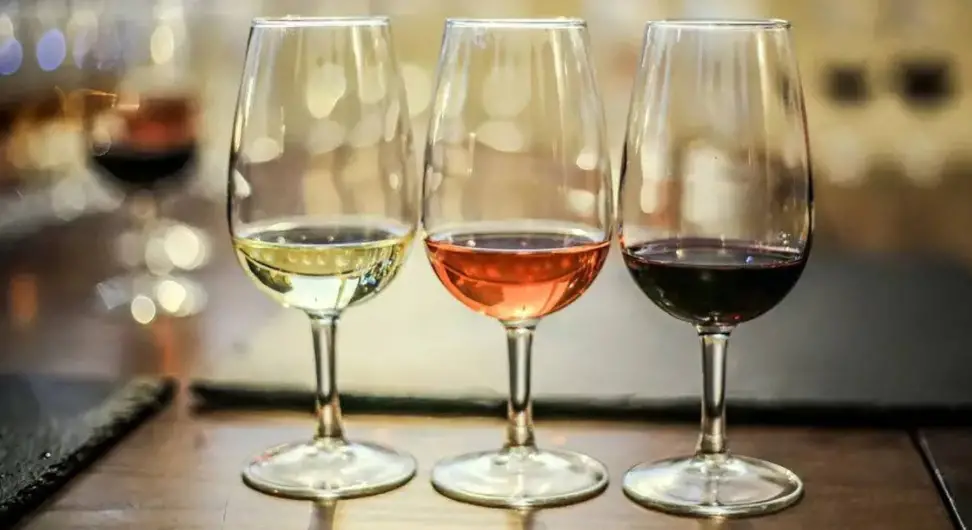How is this possible you ask? Well, it’s all about how we generate flavors.
You may think it sounds snobbish, but it really is true and Gordon Shepherd, a neuroscientist from Yale is here to back this up.
According to mister Shepherd, wine tasting engages the brain more than other brain stimulating activities like solving a difficult math problem or listening to classical music. And in his book, he explains why wine tasting has such a positive effect on our brain.
He explains in detail how the wine flavor is created in our brain, starting from how it’s manipulated in our mouth, to how its smell and appearance affects our brain and finally to the feeling of wine in our mouth and how it’s all connected to brain stimulation. He explains that when we’re trying to solve a riddle or a difficult math problem, we use a specific set of skills and a specific source of knowledge. When we’re tasting wine, we engage the entire brain.
First we start by moving the wine around in the glass, a complex motor act. But the specific act of wine tasting is what engages our brain the most. For us to enjoy the wine, our brain has to create the flavor for us first. The wine molecules don’t actually have flavor but our brain creates them when they stimulate it. Just as it is with color, it’s created by our brain when light hits any object. It really is a very complex process.
But what makes our sense of taste different than all the other senses? It probably has to do with the fact that the sense of taste involves a number of other sensory processes.
It engages our sense of sight, our sense of smell and our sense of touch. But it also engages many motor systems and muscles in our jaw, our tongue, cheeks and neck. Then it also engages our memory system, we try to recognize what flavor of wine it is, then our hormonal systems as it gives us pleasure, and also the area in the brain that controls motivation, when we decide if we’re going to continue drinking or not. Lastly, it engages the area of the brain responsible for communication and language, when we try to tell people what kind of wine we tasted and if we liked it or not.
There’s so much more to wine tasting then simply sipping and spitting it out. Wine is almost as a food. But does our brain act the same when tasting wine as it does when it’s tasting food?
According to researchers, food contains molecules responsible for taste and molecules responsible for nutrition. While, the wine molecules only account for its unique taste which is why when we drink wine we’re only able to focus on flavor.


